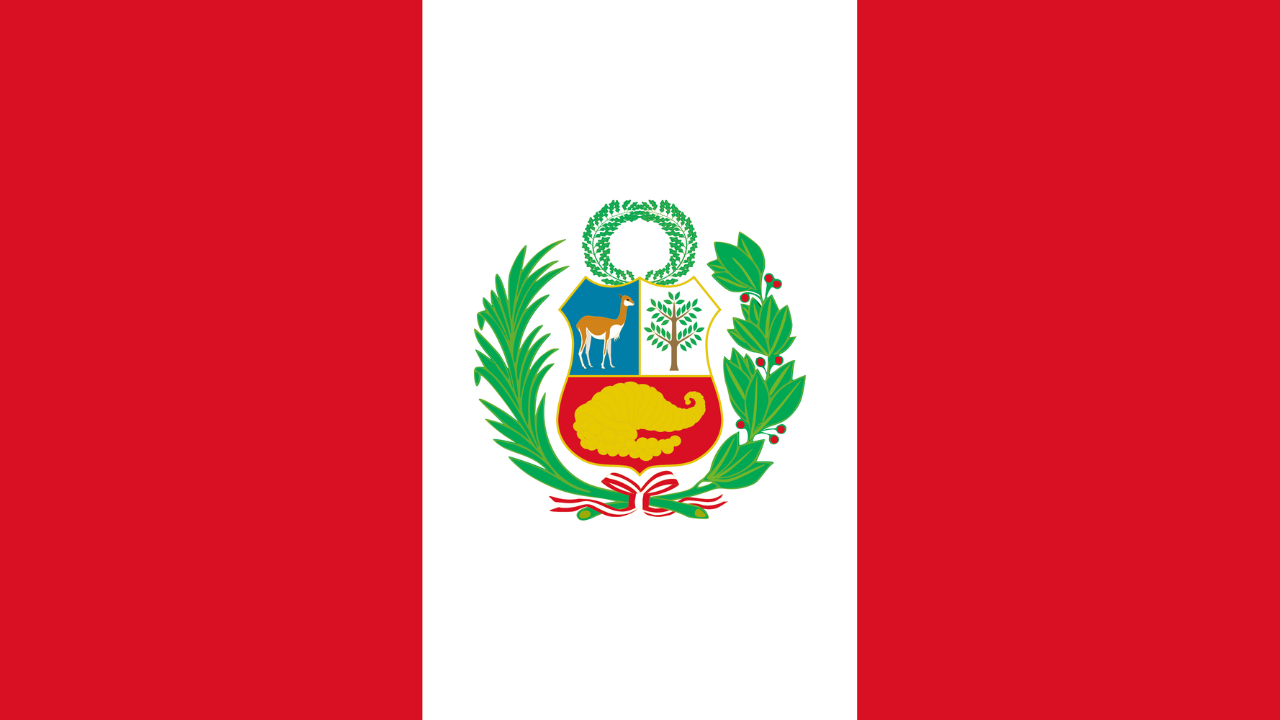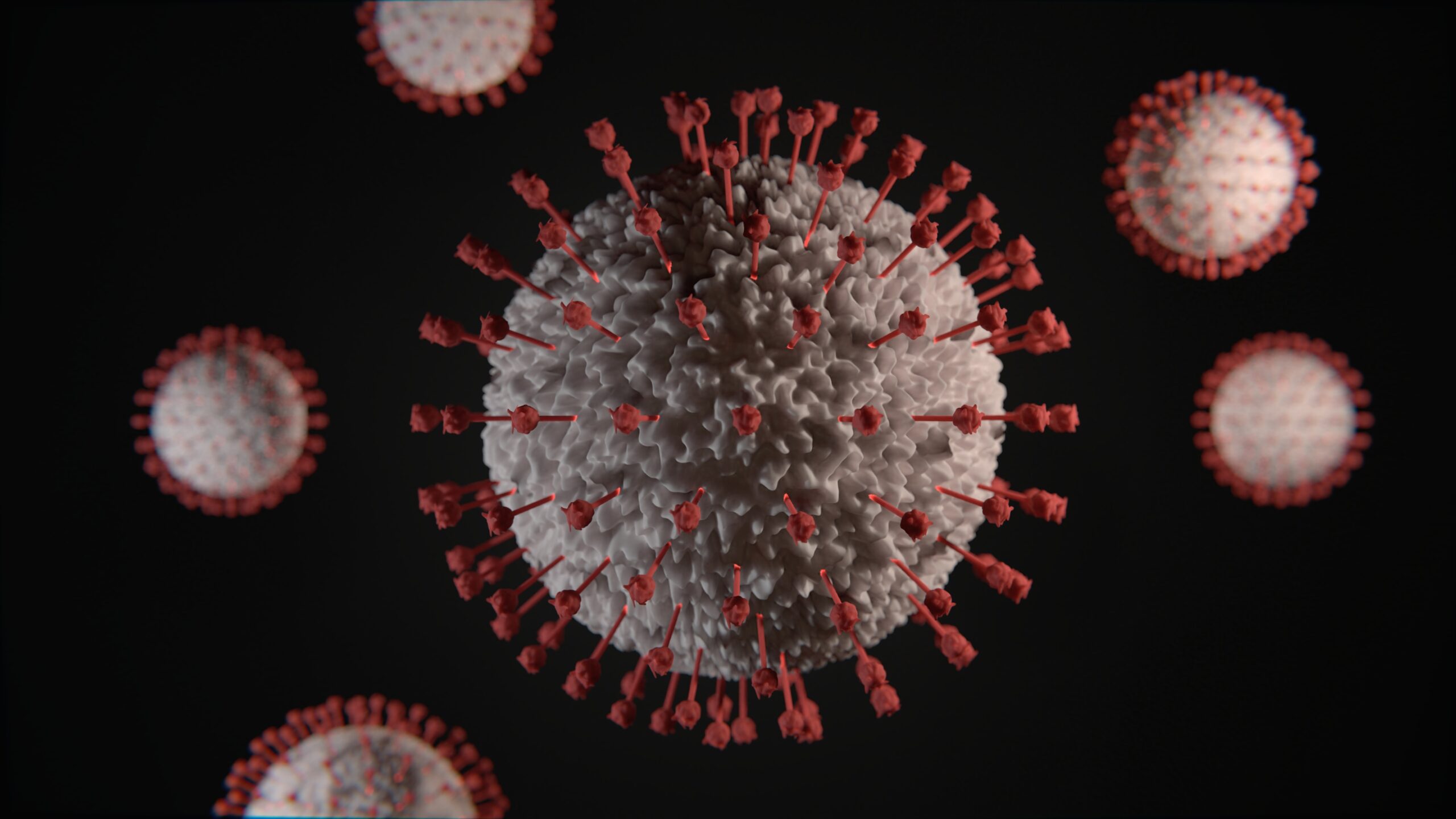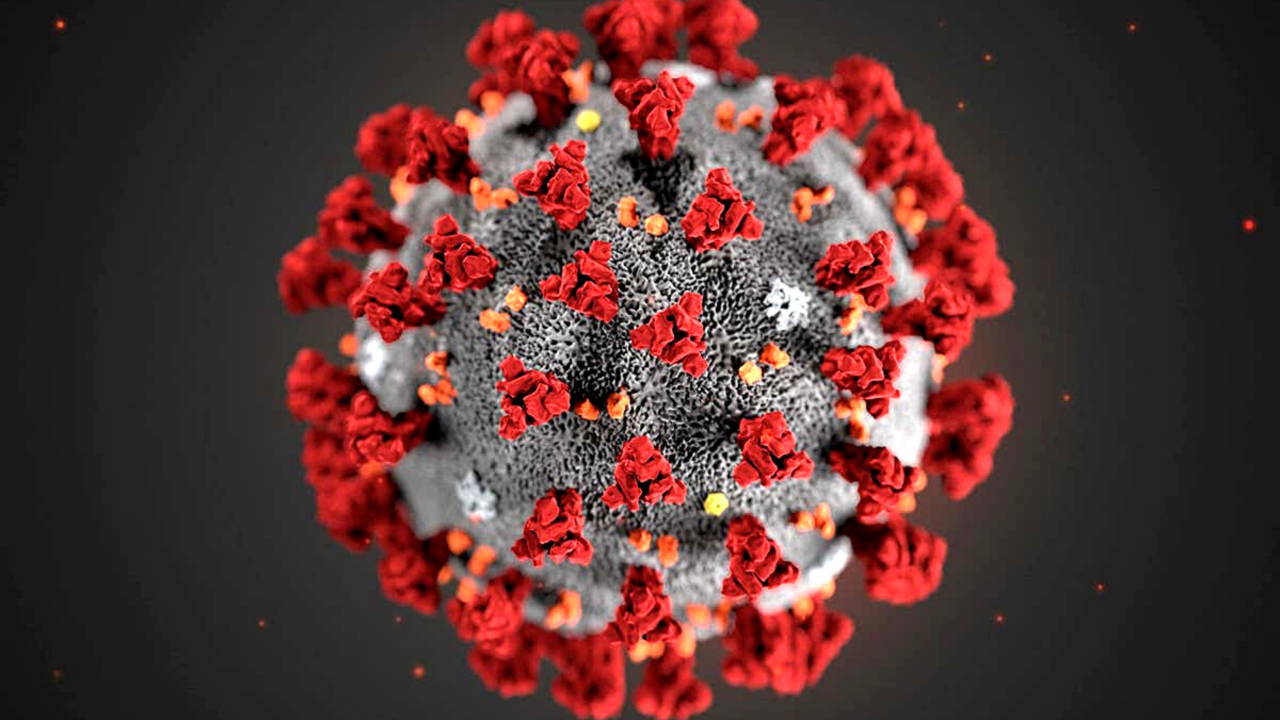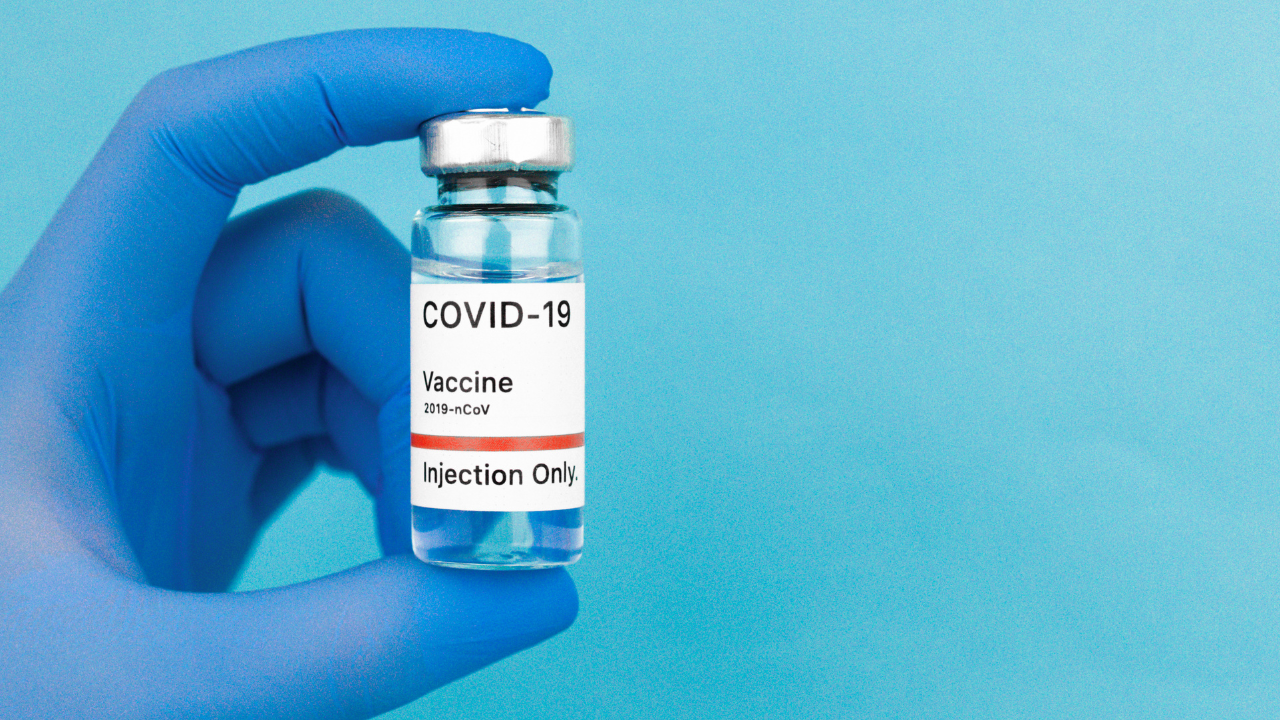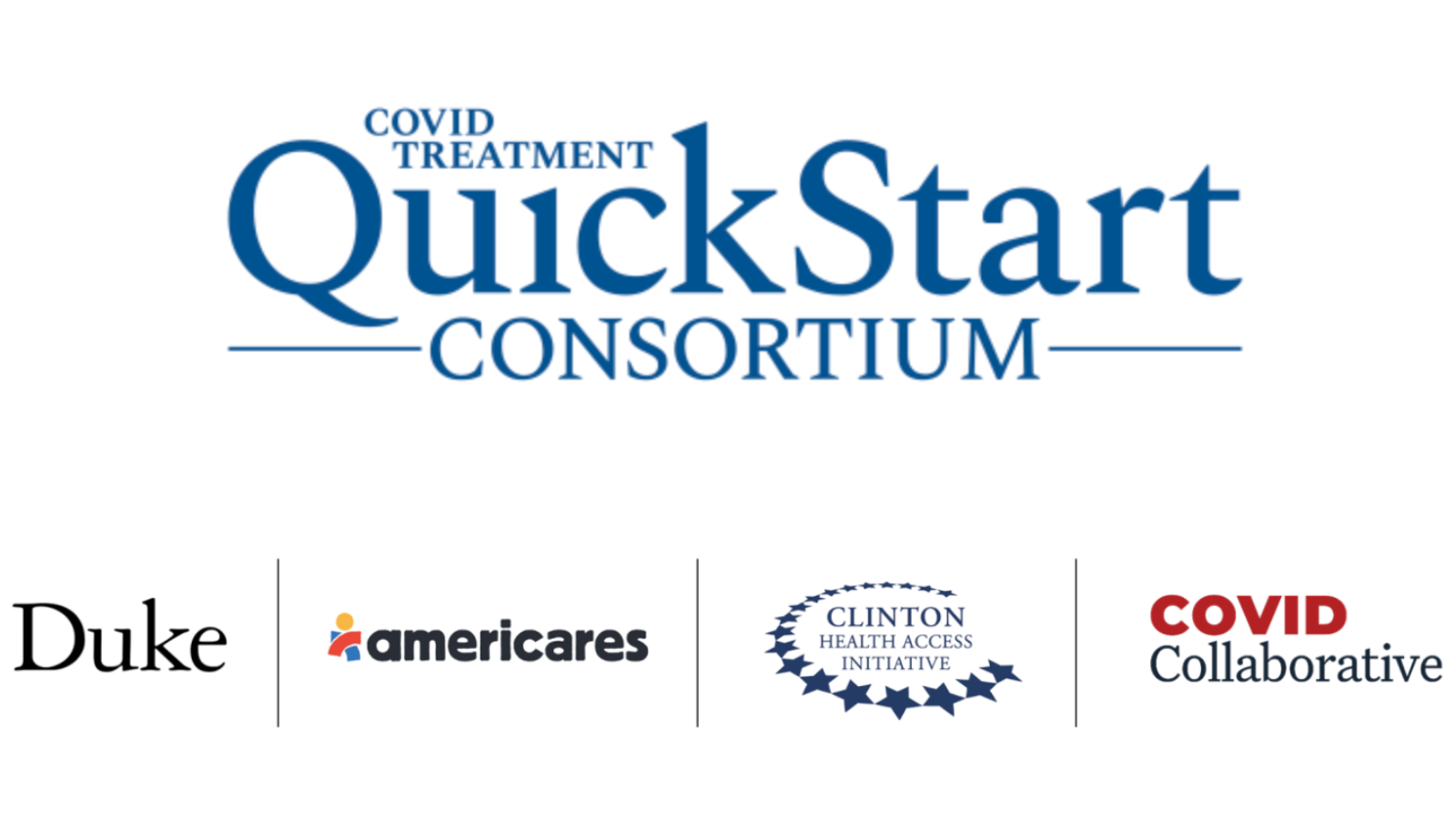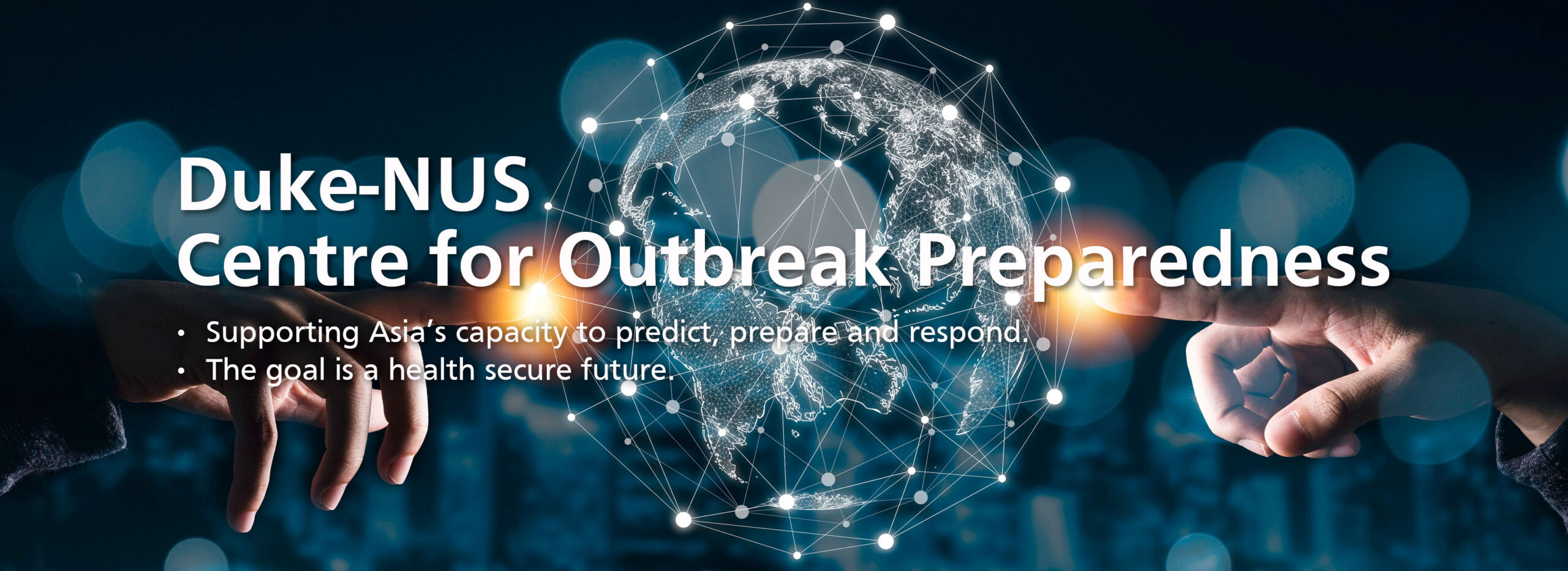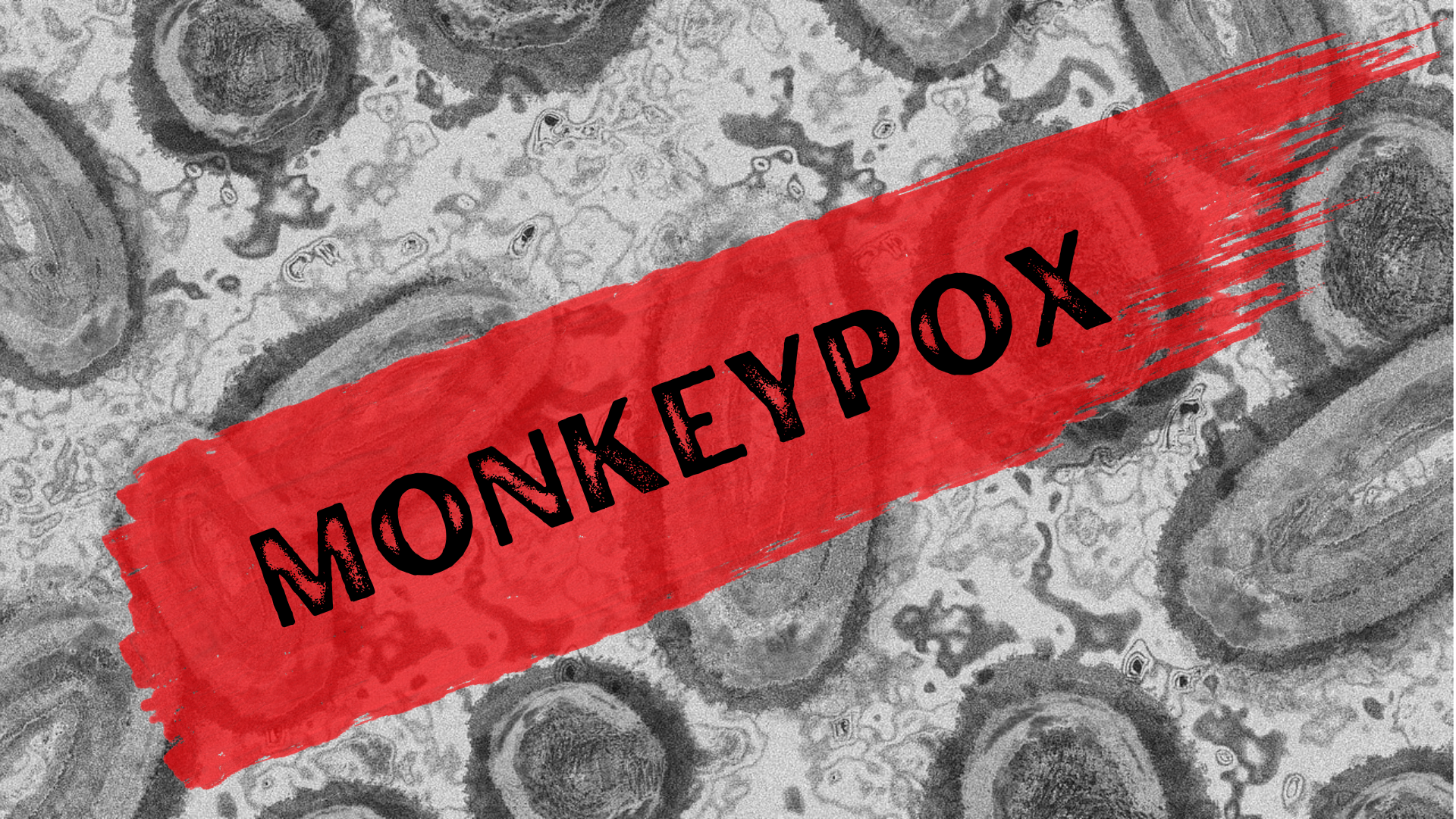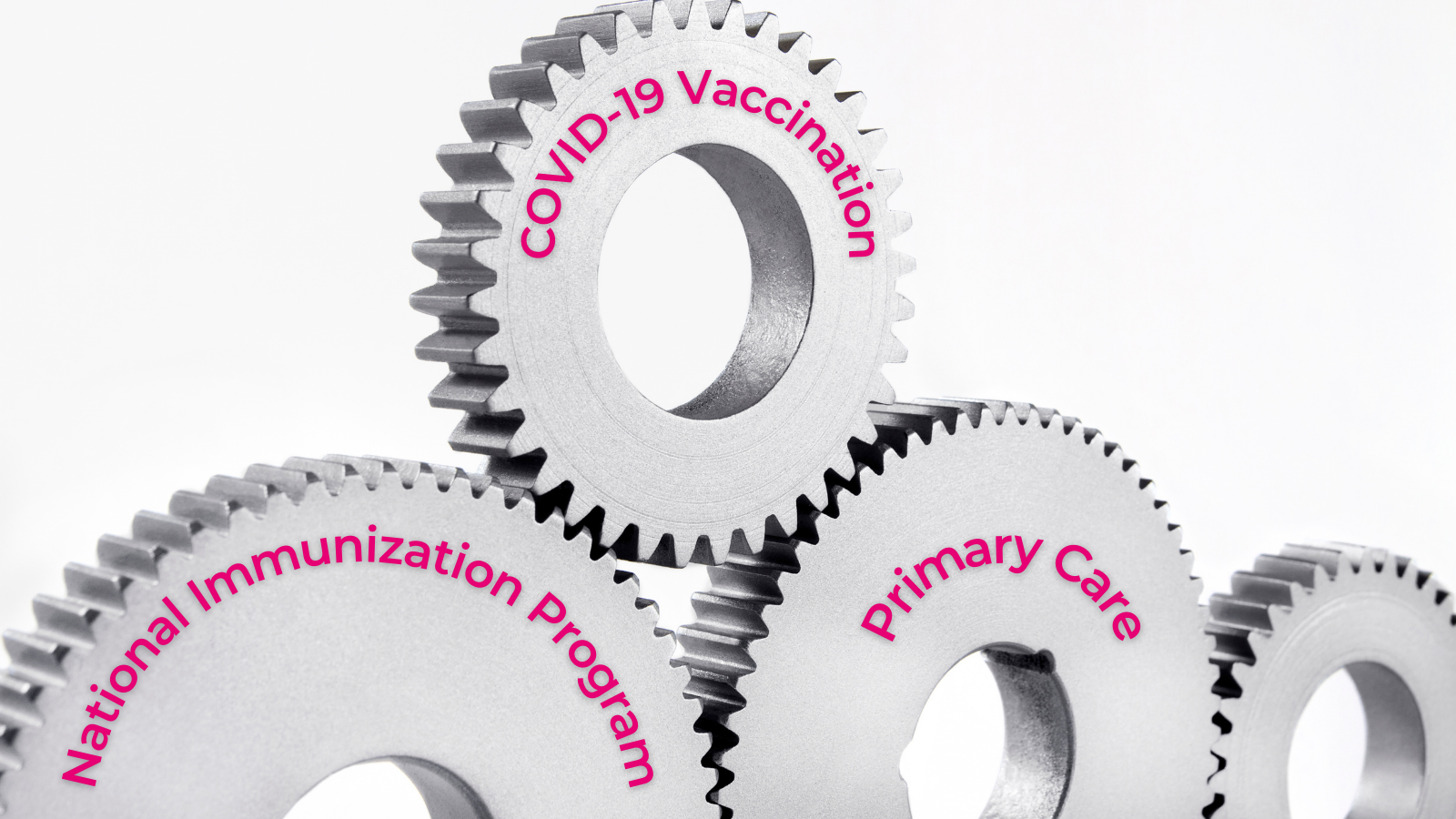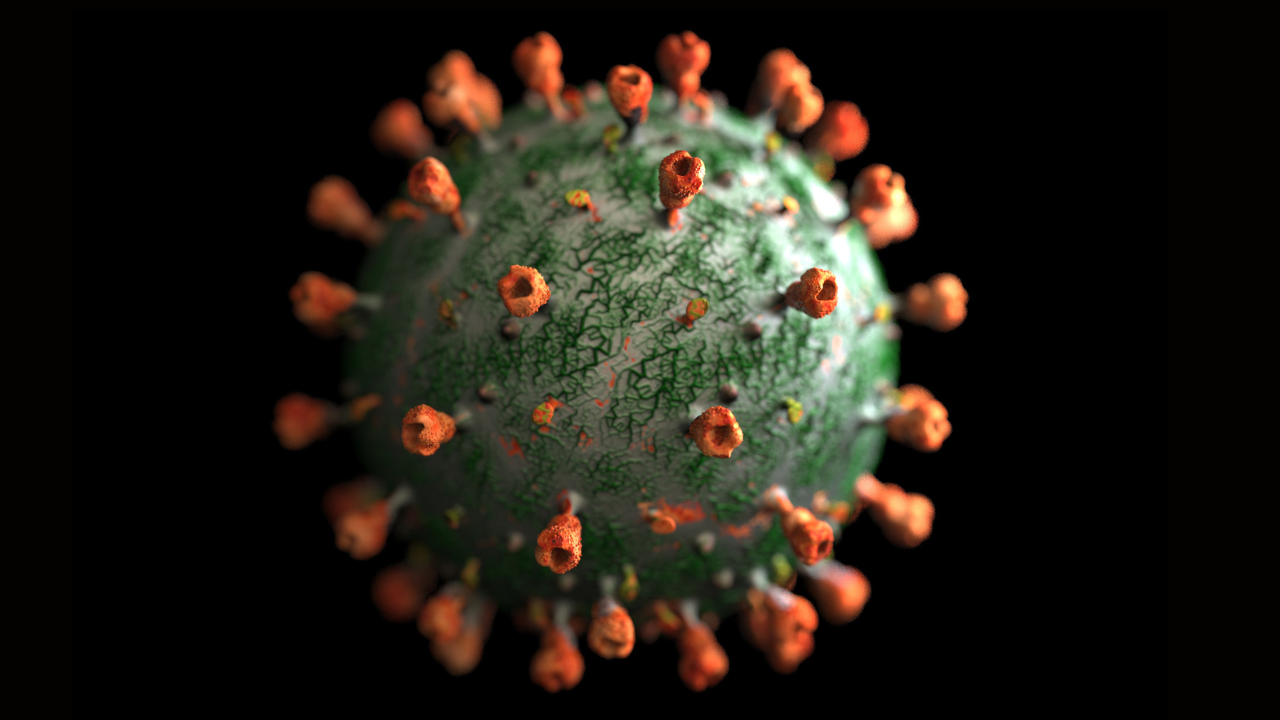
Global Preparedness Requires More Than Just Additional Funding
The Global Accountability Platform (COVID GAP) blog series. November 28, 2022 By Nellie Bristol The West African Ebola outbreak of 2014-2016 brought a surge of national and international attention to epidemic and pandemic preparedness including revamped or new country level capacity assessment tools. The assessments, including the voluntary Joint External Evaluation (JEE), State Parties Self-Assessment Annual Reporting (SPAR), and the Global Health Security Index, measure health emergency preparedness and response capacities, including those required by the International Health Regulations (IHR). The thinking was that if countries knew where their capacities were weak, they could develop National Action Plans for Health Security and devote funding toward strengthening them. But even with this renewed attention, country capacities continued to lag. Many countries struggled to translate the knowledge gained from the assessments into the competencies required to stifle emerging outbreaks. Sixteen years…

